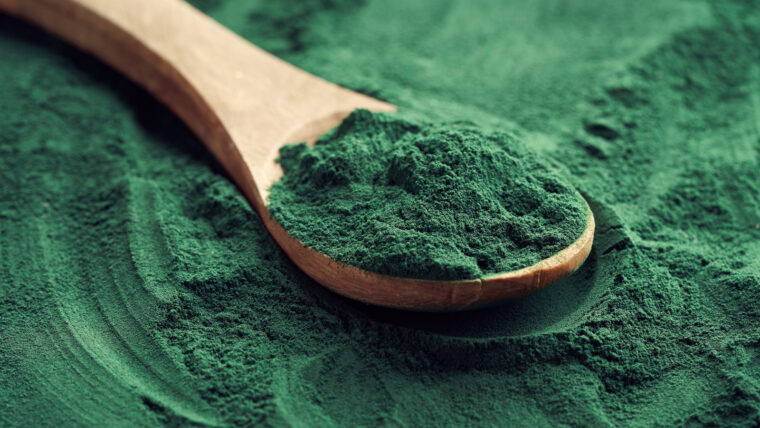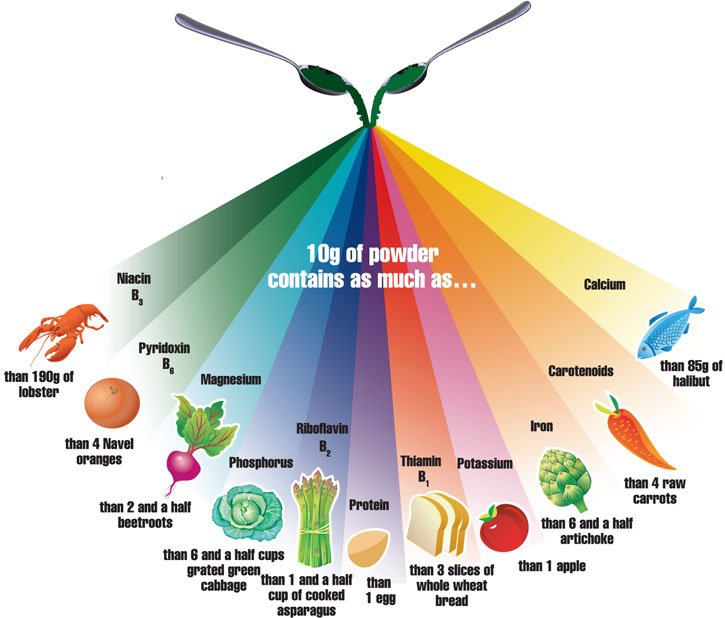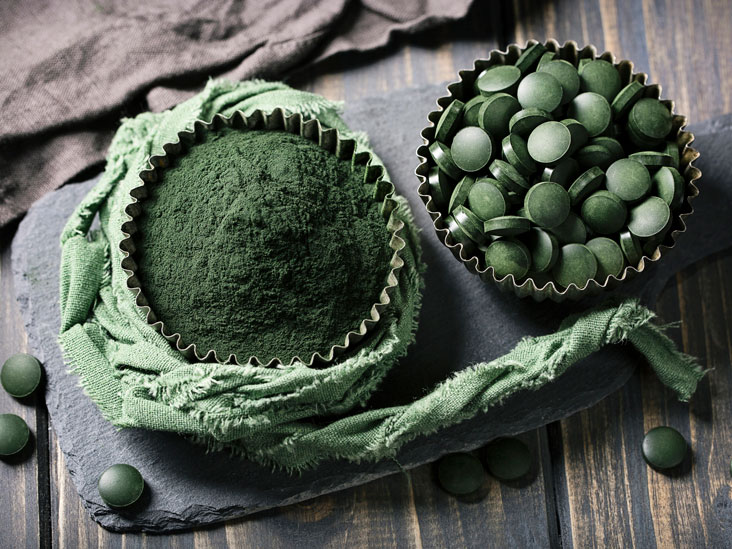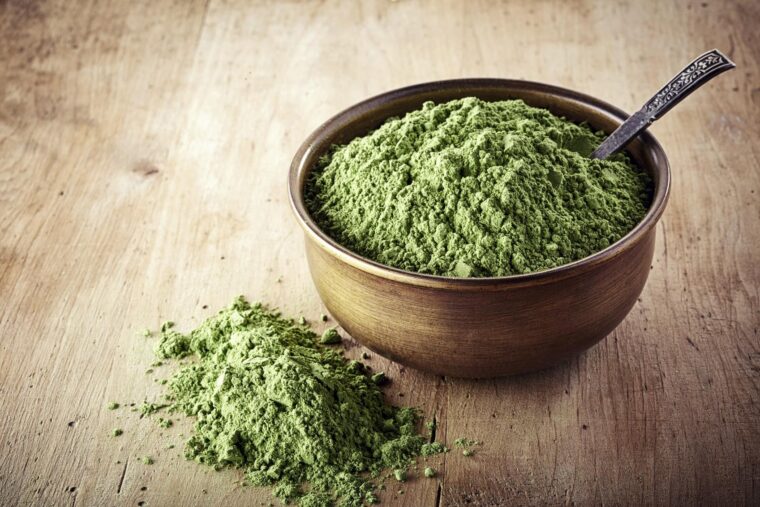It was initially made famous by NASA astronauts using it as a supplement when they were on missions in space. Now, spirulina is one of the most popular superfoods on the market. It’s been around for centuries and its health benefits are backed by scientific research.
But what exactly is spirulina, and how can it help you? This article will provide you with all the information you need to know about spirulina and how to use it in your daily diet.
What is Spirulina?

Spirulina is a blue-green alga that grows in fresh and salt water. It gets its name from its spiral-shaped filaments. Spirulina was first used by the Aztecs and the Mayans, who would harvest freshwater spirulina from lakes and ponds in Mexico. Today, spirulina is cultivated worldwide in many countries including China, India, and Brazil. Spirulina has been used as food for thousands of years but was first cultivated on a large scale in the 1970s. To this day, it remains one of the most popular supplements on the market due to its high nutrient density and impressive health benefits.
Spirulina Nutrition

Spirulina is often called the most nutrient-dense food on the planet. When you look at the nutrients contained in it, it’s easy to see why.
Spirulina is an excellent source of protein, with each serving providing about 55% of your daily requirements. It also has a good amount of essential B vitamins, iron, magnesium, and zinc. One serving can also provide up to 60% of your daily calcium needs.
Spirulina is also rich in beta carotene, which provides benefits to eyes, skin, and immune health.
Spirulina Health Benefits

- High in Nutrients: Spirulina’s nutrient profile makes it particularly beneficial for people who are looking to add more antioxidants into their diet or improve their overall nutrition intake without eating animal products (vegetarians/vegans).
- Rich Source of Antioxidants: The main active ingredient in spirulina is called phycocyanin, and it’s what gives spirulina its rich deep blue/green colour. Phycocyanin is a type of antioxidant that helps to cleanse your body of harmful free radicals and can help to prevent cell damage.
- Good For the Heart: Spirulina can also help improve heart health while reducing inflammation in the body. A few studies show that spirulina can not only lower LDL cholesterol (which is considered “bad” cholesterol), but can also prevent it from oxidizing. Additionally, spirulina has been shown to lower blood pressure in healthy adults. This could be due to its nitric oxide content, which can help to dilate blood vessels and support healthy blood flow.
- May Help Allergy Symptoms: Spirulina helps to inhibit the release of histamine. One study showed that spirulina supplementation provided relief from allergic rhinitis.
- Better Muscle Power and Endurance: Spirulina has even been shown to support muscle strength and endurance while limiting recovery time after exercise by reducing post-workout soreness.
- Anemia Support: In another study, spirulina supplementation increased hemoglobin counts in seniors with anemia. While more research is needed, these results are promising.
- Blood Sugar Support: In another study, spirulina was shown to help reduce blood sugar in adults with type 2 diabetes.
Spirulina Supplements

Spirulina is available in tablets, as a powder, or in liquid form. Powdered spirulina can be mixed into juice or blended into a smoothie, whereas tablets may be more convenient. Keep in mind that if you are taking tablets, your serving size might be quite large.
You will also see spirulina added to many greens powders. However, if you are looking for any of the benefits of spirulina listed above, you may need to take an increased dose.
It’s important to note that the amount of spirulina you should take will depend on your body weight. As a general rule of thumb, start with 1-3 grams per day and then increase the dose as needed. The more spirulina you take, the more benefits you’ll get.
There are no known adverse effects associated with taking spirulina in healthy individuals; however, if you are taking any medications, it’s a good idea to consult your natural health practitioner prior to using spirulina. Because it is not yet widely known as a dietary supplement and because studies haven’t been conducted on its safety during pregnancy or breastfeeding, pregnant women and nursing mothers should seek medical advice before adding this algae supplement to their daily routine.
Spirulina is a great addition to anyone’s diet. It is packed full of nutrients, it tastes good and it is easy to use. With all this information at hand, you should be able to make an informed decision on whether or not you want to add spirulina into your life.
Which Spirulina Should I Take?
Finding a pure spirulina supplement is important to ensure potency and maxiumum health benefits. Gandalf Hawaiian Spirulina tablets are a pure source of spirulina sourced from Hawaii. It’s a vegan supplement that’s free from gluten and GMOs and provides 1000mg of spirulina per capsule. This easy to swallow formula provides pro vitamin A, supports eye health including night vision, immune function and healthy bones, teeth and joints.
Disclaimer: The information in this article is intended for educational and informational purposes only and should not be considered as a substitute for medical advice. Please consult your practitioner prior to taking herbs or nutritional supplements.
